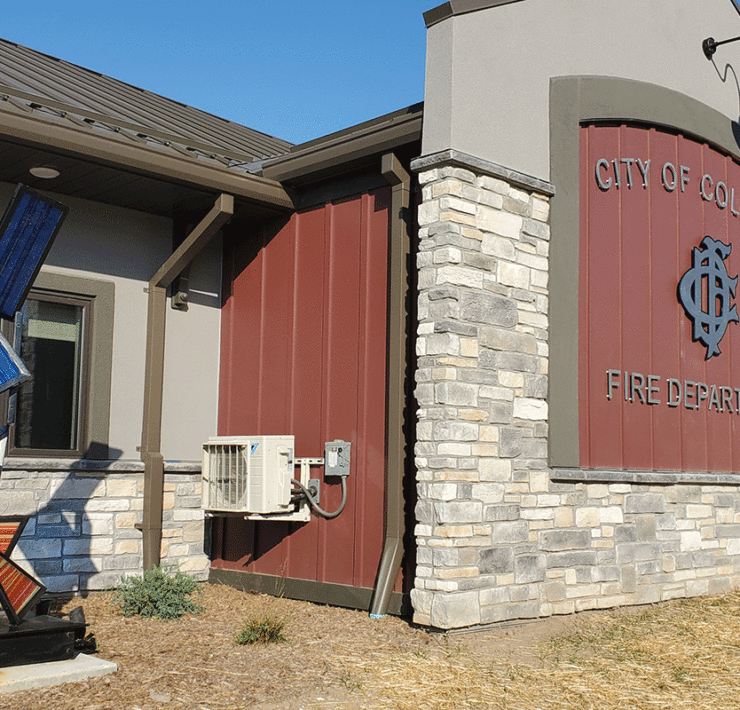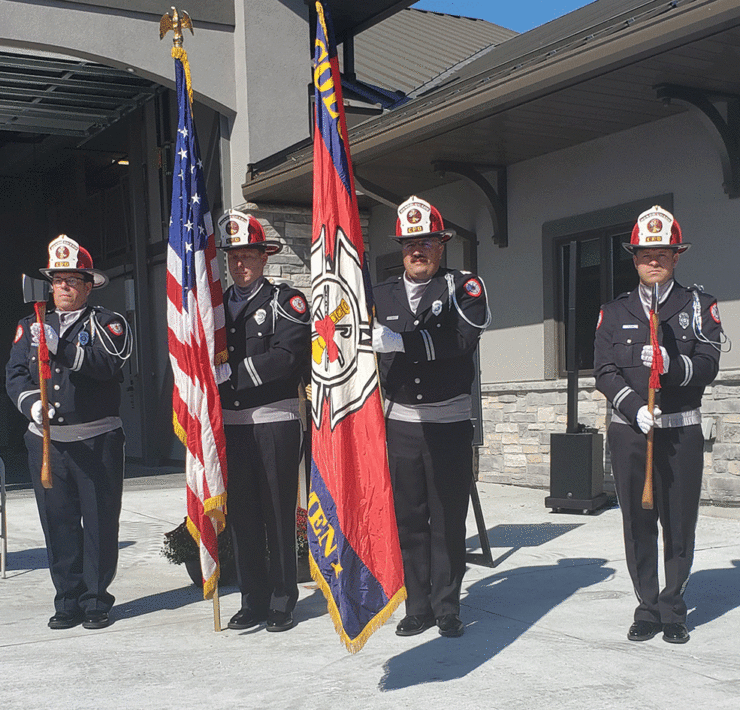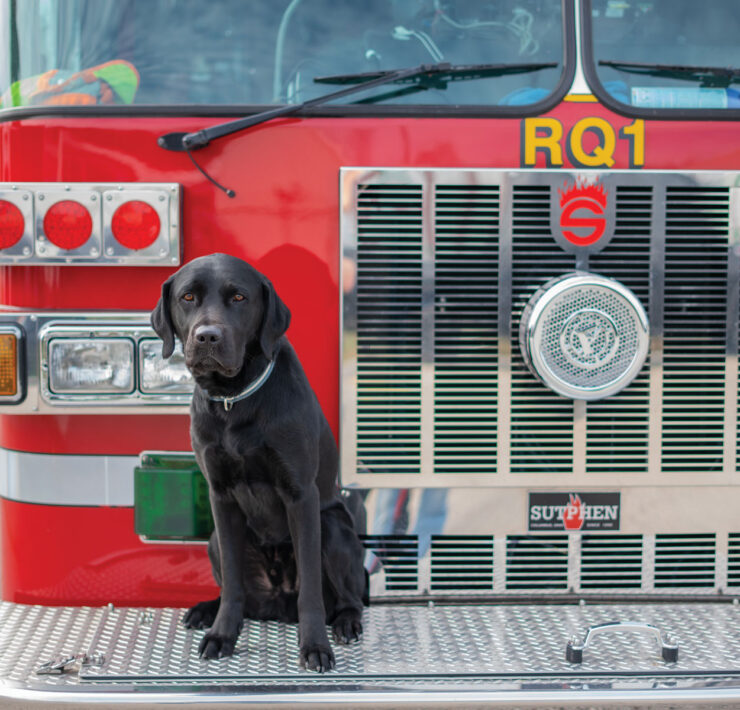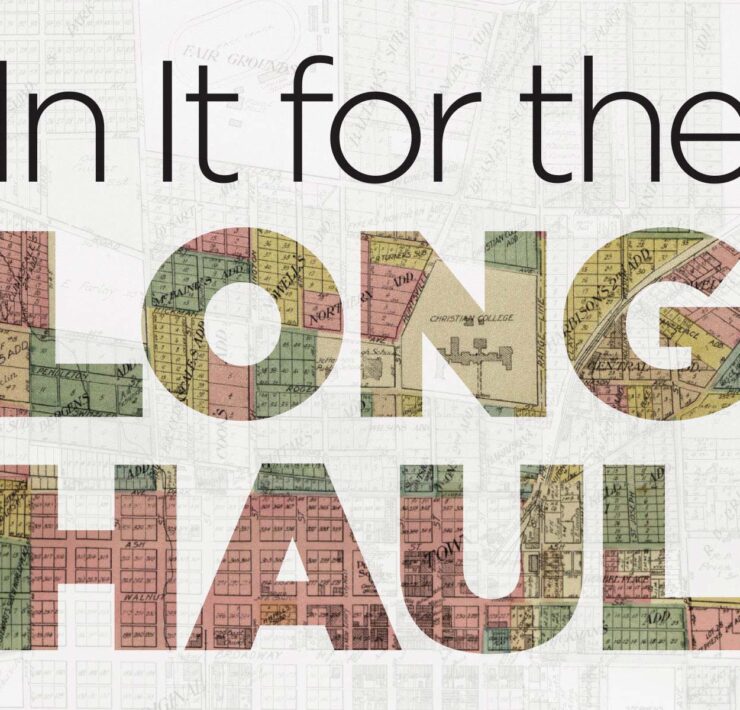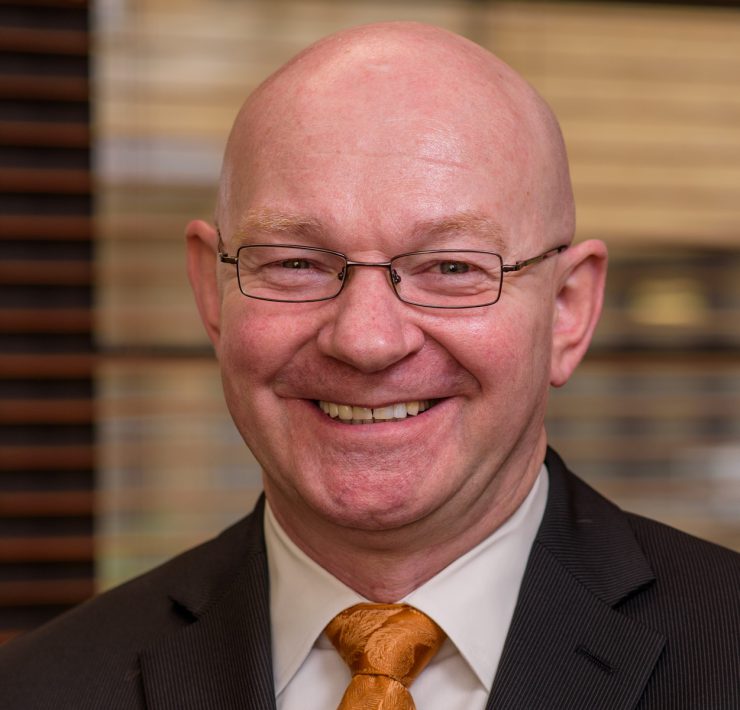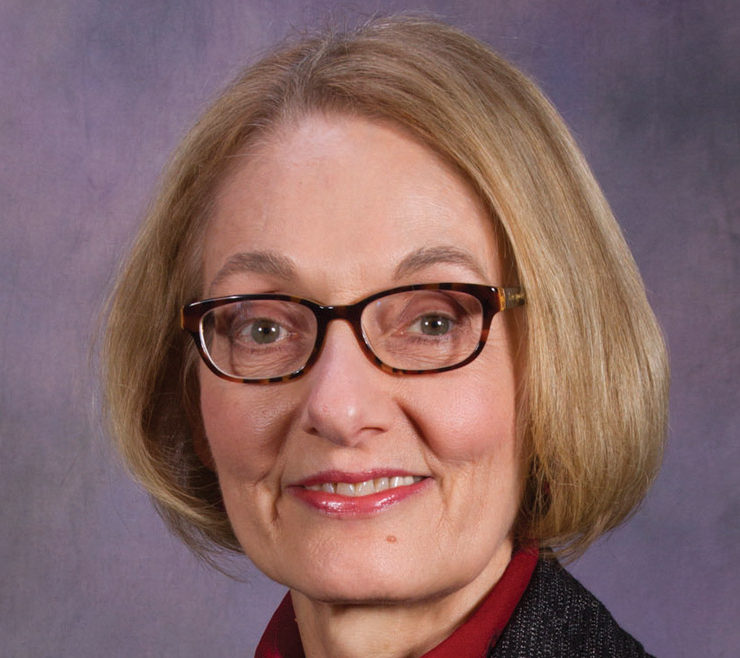Elizabeth Leiva, Firefighter, Columbia Fire Department
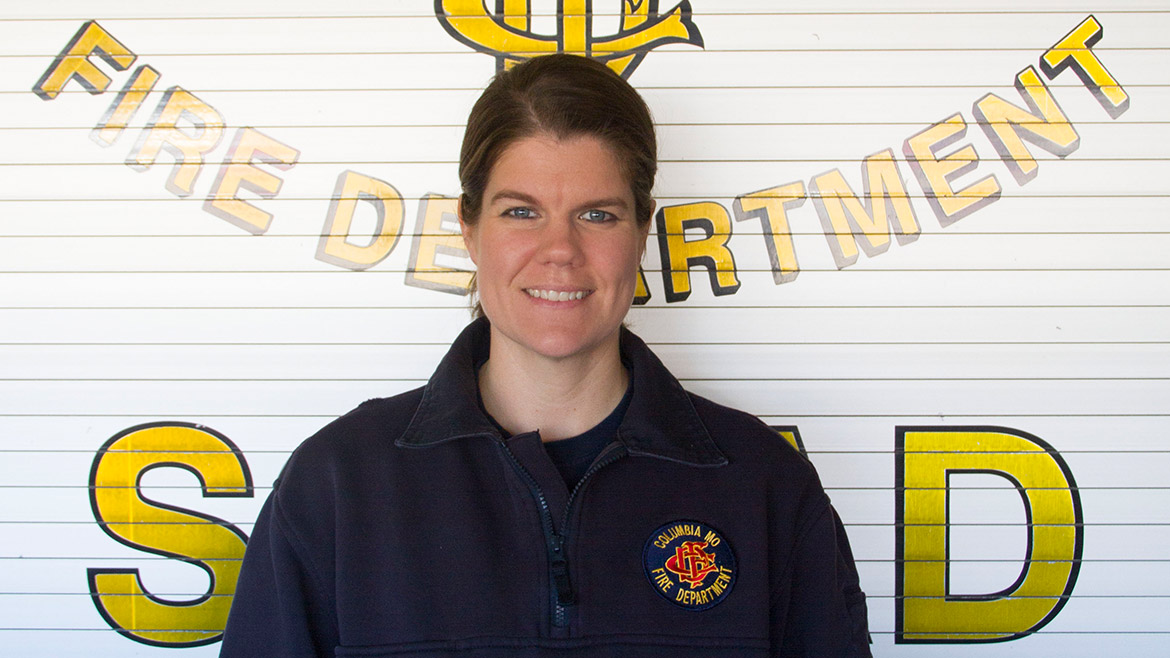
What’s your background?
I started in the fire service doing wildland firefighting in the summer of 2008 working for Grayback Forestry Inc. based out of Missoula, Montana. After a couple seasons, I moved back to Missouri. I wanted to continue working in the fire service, so I eventually became a volunteer for the Boone County Fire Protection District. Shortly after becoming a volunteer, I was hired on at the Moberly Fire Department, in my hometown. I worked for MFD for a couple years and decided to try for Columbia Fire. I was hired on for the Columbia Fire Department in March 2015.
Tell us about your job:
Firefighters respond to all kinds of emergencies: fires, medicals, accidents, hazmat, and technical rescue incidents. The majority of our calls are medicals. As a firefighter working at a structure fire, our job is to protect people, property, and the environment. We do this by making sure we put the fire out as quickly and safely as possible. Other aspects of our job include training, preplanning, conducting business inspections, and public education.
What does your typical day look like?
I try to arrive at the station by 6:30 a.m. in order to get a quick rundown of the previous shift’s day. The firefighter that worked the day before will give me info about what they did and if there’s anything I need to be aware of on the truck or in the medical bag — just keeping me in the loop. The shift officially begins at 7 a.m. I typically go to my assigned truck and check my air bottle and mask, radio, medical bag, and other miscellaneous things to make sure they’re in working order. I go through all the compartments of the truck to get an understanding of where everything is located because I don’t have an assigned station and can be on different trucks every shift. Some days, we’ll have off-site training that may last one to four hours. If we don’t have training, we may go out and conduct business inspections for a couple hours or we may do training at the station. Lunch is at 11 a.m. We have designated “down” time from noon to 1 p.m. From 1 to 4 p.m. we keep busy with the same things from the morning. We have designated workout time at 4 p.m. After 5 p.m., you can spend your time training, have a family visit, and eat dinner. All of these things can be interrupted at any time to respond to calls.
What drew you to your position?
My love for the fire service started when I worked in wildland. It wasn’t just the fact that you put water on a fire to put it out; it was the camaraderie of my crew. We became a family and looked out for each other. And it was the training that gave me knowledge, understanding, and purpose. It was the bigger picture that my little 20-man crew could potentially control and redirect fire from coming into a community. To offer help and protection to the citizens of any community is what drew me to this job
What would people be surprised to know about your job?
That the majority of the calls we have aren’t fire related — we mostly run medical calls.
What are some challenges you face in your job?
Not being able to save everyone. Being exposed to cancer-causing toxins. Having to suppress your emotions and refocus after a tough call to be able to help the next customer. Knowing that making a mistake could having devastating consequences.
Describe a success you’re most proud of:
Getting hired. I went through the new hire process twice in four years. I failed the physical agility test the first time — I was 10 feet from the finish line when my time was up. I was devastated. I was also enlightened. I knew what I needed to do to make it the next time around. After a two-year wait for the next hire process to take place, I was ready. The moment I crossed that finish line with time to spare was a wonderful feeling, followed by getting the phone call from the fire chief offering me a position. I’m very hard on myself. It was one of the few times I felt proud of my accomplishments.
What inspires you to get up each day and make a difference?
My family. I would be lost without them. I trust that if something happens to my family, they’ll be in the good hands of firefighters and EMS personnel. People trust us to come to their aid and do what’s necessary to make the situation better. The thought of being that person in someone’s life inspires me to go to work.
Tell us something about you that we wouldn’t learn from your resume:
I backpacked, sea kayaked, and camped for three months in Chile. It was a great experience and taught me about teamwork. It taught me confidence, a different perspective on life, and the value of friendship, loyalty, and perseverance.



